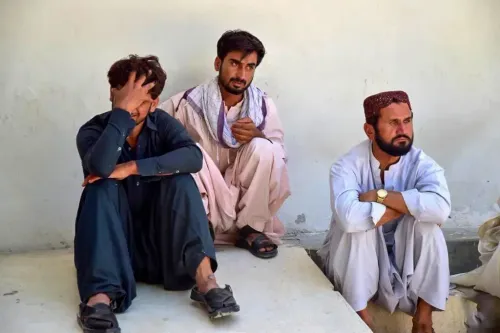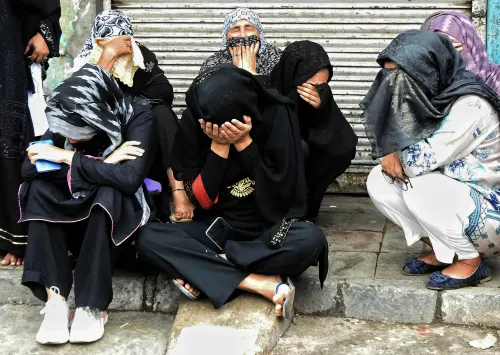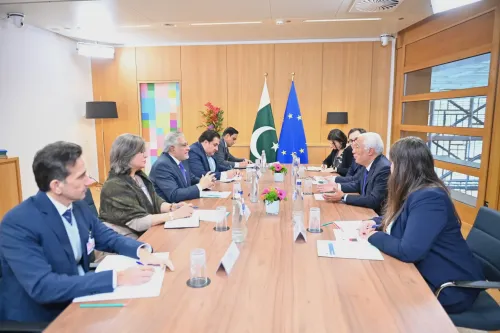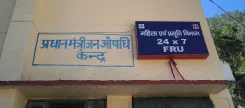Are NGOs Shielding Pakistan's Terror Financing from FATF Scrutiny?
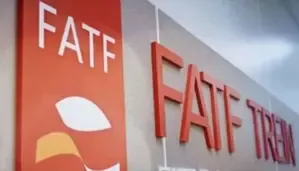
Synopsis
Key Takeaways
- Pakistan's terror financing is on the rise.
- NGOs are allegedly being used to channel funds discreetly.
- 10% of developmental funds may be diverted to terror groups.
- India is monitoring these activities closely.
- State-sponsored terrorism is becoming institutionalized.
New Delhi, Aug 18 (NationPress) Could Pakistan face a return to the Grey List by the Financial Action Task Force (FATF)? While the nation may have proclaimed a moral victory after signing a purported minerals agreement with the United States, current reports indicate that terror financing by the establishment has only escalated.
The rampant issues of terrorism, extortion, and money laundering to support terror organizations are prevalent in Pakistan. Following Operation Sindoor, which saw the dismantling of several infrastructures, the establishment has notably increased funding for groups such as Lashkar-e-Taiba and Jaish-e-Mohammad.
Maulana Fazl-ur-Rehman, the head of the Jamaat Ulema-e-Islam, provided further insight, asserting that significant amounts of funding are being funneled to terror organizations under the guise of developmental funds. He alleges that approximately 10 percent of Pakistan’s developmental budget is being allocated to these terror factions.
Indian intelligence has determined that government funding for terror groups has surged since the conclusion of Operation Sindoor, primarily aimed at assisting these factions in reconstructing their lost infrastructure.
However, the government’s funds are not directly given to these terror organizations. Instead, numerous NGOs affiliated with these groups have been established, avoiding detection by international bodies. Since these organizations are not banned, the Pakistani government channels funds to them, creating an appearance of legitimacy.
Even if the FATF scrutinizes this funding, it would appear legitimate, serving as Pakistan’s strategy to evade being placed back on the Grey List.
This financial support provides a crucial lifeline for terror groups, enabling them to sustain their operations. Additionally, Pakistan's military has suffered considerable losses due to engagements with the Tehreek-e-Taliban (TTP) and the Balochistan Liberation Army (BLA), necessitating the backing of friendly terror groups like Jaish-e-Mohammad and Lashkar-e-Taiba to counter these threats.
Pakistan is devising innovative tactics to ensure its terror financing remains unnoticed by the FATF. The FATF recently noted that organizations not designated at the multilateral level are more likely to engage in financial activities, such as fundraising.
In recent months, numerous dormant accounts managed by these terror-affiliated NGOs have been reactivated. These accounts also attract foreign funding, which is subsequently utilized for executing terror attacks.
India remains vigilant regarding these developments and intends to leverage this information to pressure Pakistan at the FATF.
Rehman emphasized that state-sponsored terrorism has become institutionalized, undermining governance and security in Pakistan.
He also pointed out that for these terror groups, which enjoy support from the establishment, extortion and kidnapping have evolved into a parallel economy. The Pakistani establishment has taken significant risks in institutionalizing terrorism. These events unfold as a FATF team is set to monitor and assess the situation.
Pakistan has struggled to emerge from the Grey List, and given the current alarming activities, a return to the list seems plausible.

